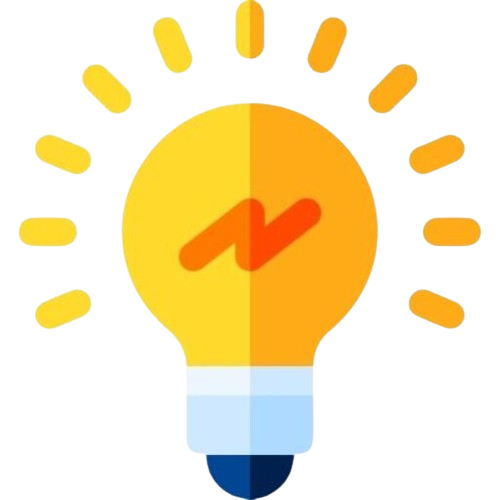A paradox is a statement or problem that either appears to produce two entirely contradictory (yet possible) outcomes, or provides proof for something that goes against what we intuitively expect.
Paradoxes are always ready to challenge our interpretation of otherwise simple situations, turning what we might think to be true on its head and presenting us with plausible situations that are in fact just as impossible. Confused? You should be.
A lot of important truths in life are contradictory. And we get used to these contradictions as we experience them in our lives. The truth is, life is often illogical, paradoxical, and just blatantly strange.
Paradoxes have been a central part of philosophical thinking for centuries. Bertrand Russell remarked in a joking mood that “The point of philosophy is to start with something so simple as not to seem worth stating, and to end with something so paradoxical that no one will believe it.”
As W. V Quine has said, ‘More than once in history the discovery of paradox has been the occasion for major reconstruction at the foundation of thought’. The development of nineteenth-century mathematical analysis (Zeno’s paradoxes), twentieth-century set theory (the paradoxes of set theory), the limitative theorems of Gödel, and Tarski’s theory of truth (the liar group) are dramatic illustrations.
Whether paradoxes are the beginning or the end of philosophy, many paradoxes have served to encapsulate important philosophical problems (many others have been exposed as fallacies).
Here are 16 influential paradoxes and puzzles dating from ancient times to the present. Take a look and be perplexed. I’ll leave you to ponder the solutions.
The Liar Paradox
The Card Paradox
The Paradox of the Court
The Crocodile Paradox
Achilles and the Tortoise
The Dichotomy Paradox
The Arrow Paradox
The Unexpected Hanging
The Lottery
The Boy or Girl Paradox
Meno’s Problem
Moore’s Puzzle
The Potato Paradox
The Bootstrap Paradox
The Grandfather Paradox
Buridan’s Ass
